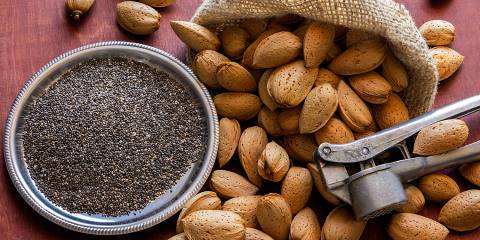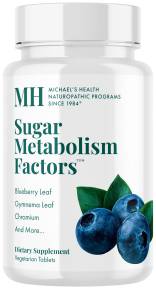A high-protein breakfast reduced daily food intake and feelings of hunger in a group of overweight teens. It also helped stabilize their glucose levels.
Prior to the study, participants usually ate breakfast only once or twice a week. For 12 weeks, one group ate a normal-protein breakfast (13 grams of protein), a second group consumed a high-protein breakfast (35 g), and a third group skipped breakfast. The high-protein breakfast included milk, eggs, lean meats, and Greek yogurt.
The high-protein group reduced their daily food intake by 400 calories and lost body fat mass, while the other two groups gained body fat. “These results show that when individuals eat a high-protein breakfast, they voluntarily consume less food the rest of the day,” said lead author Heather Leidy, PhD.
Dr. Leidy added that fluctuations in blood glucose levels are linked to an increased risk of Type 2 diabetes among young people.




